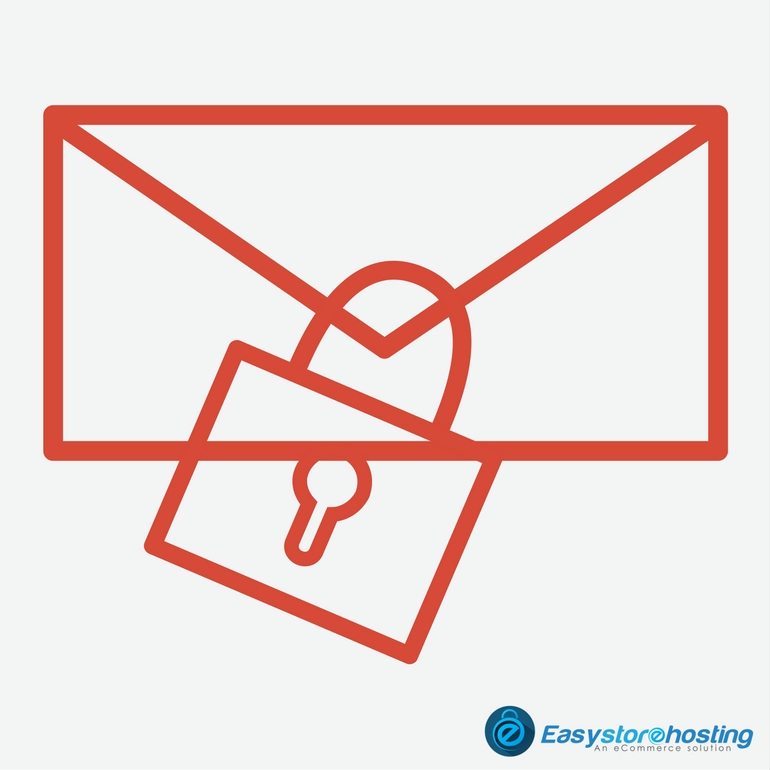Keep your emails secured
A very convenient and common method of sharing information nowadays is that of sending an email. As the world population is increasingly becoming connected to the internet, it is getting more and more important to protect your personal data with additional encryption methods. The email and its attachments can be easily accessed by someone who is wrongfully intercepting the conversation. A very common type of confidential information sent through email leak happens when
- The user himself enters a wrong recipient
- If an individual gains unauthorized access to your email server
- If an individual gains unauthorized access to online account storing emails which have been read or waiting to be read
These are the most common ways your data gets leaked, Sending private and strategic information by email is very risky and Not secure, personal email accounts can be hacked; the messages can be intercepted or they can fall into the wrong hands.
Email security measures include:
- Having a Strong password
- Changing your password often: Password rotations
- Having Spam filters
- Keeping desktop-based anti-virus or anti-spam applications
You should not even think of emailing your passwords, credit card numbers, or any other private information. You wouldn't always know how many servers the message will pass through between your computer and the recipient, or who will have access to those servers. For a very private message, you need to encrypt it before it leaves your computer and it has to remain encrypted until the recipient receives it. To complicate things further, you cannot even risk assuming that the recipient on the other end is more tech savvy than you are.
Good Practices for Sharing Confidential Information:
- Use a password protected zip file attachment to send the confidential information.
- Never send passwords of those password protected zip file through emails, rather share it through a phone call or any other alternative communication channel.
- Tell the receiving party in advance to expect your email, this will keep them alert and aware.
- Use an encryption software that will help you in hiding confidential information that you send over the internet.
- Request the other party to delete your email after reading them, this ensures that the information doesn't remain susceptible to any more threat.
- Ownership and return of all confidential information once the contractual relationship between you and the other party is terminated.
- An alternative to email can be used such as web based file exchange portals.
The exchange of important and confidential information through email is almost inevitable considering that email is much more convenient, quicker and widely spread than most other traditional forms of communication and currently the most common method of communication between businesses.
Combining the suggested Email security measures and good practices mentioned above in the article and a good well-defined agreement will help you avoid any risks involved in using emails.



